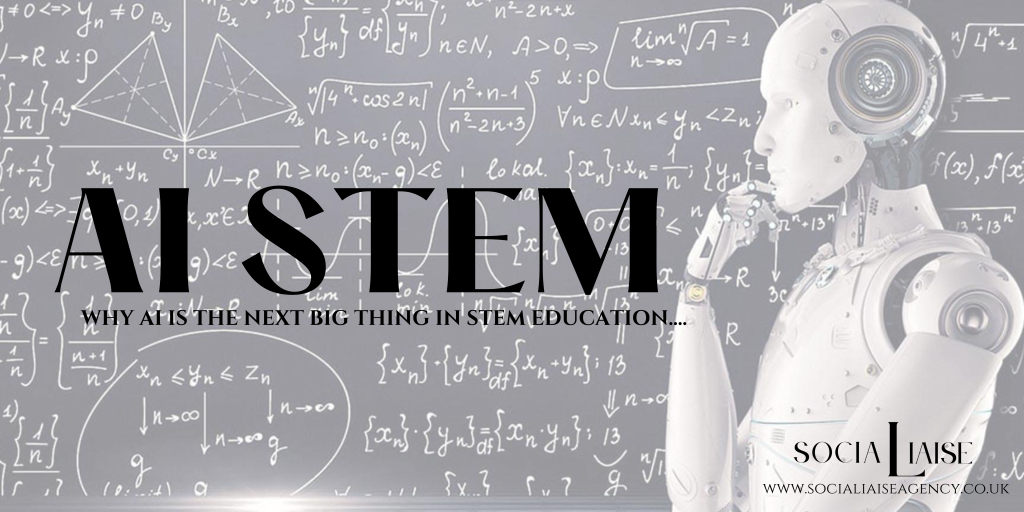Honestly, we can’t emphasise how lucky Students and even educators in today’s AI era are. There has been an obvious shift in contemporary methodologies, access to resources, and the overall learning experience. It couldn’t be easier.
So, are you a STEM Educator or a Student? Or do you just want to know how AI is transforming STEM education, well you are in luck because today we are all about that.
With the rapid advances in artificial intelligence (AI) technology, educators are now presented with an unprecedented opportunity to transform and elevate STEM teaching and learning while STEM students are allowed to explore and apply AI concepts in real-world scenarios.
From personalised learning experiences to the automation of administrative tasks, AI is revolutionising how students and educators engage with science, technology, engineering, and mathematics.
Personalised Learning Journeys:
Can you imagine having your own personalised learning experience? Adaptive learning platforms, powered by AI algorithms, can now assess individual student strengths and weaknesses, tailoring educational content to match their specific needs. This approach not only optimises the learning process but also nurtures a deeper understanding of STEM concepts, preparing students for the demands of the future workforce.
Enhancing Classroom Efficiency:
No need to chase down your educators for grading or other paperwork. AI is streamlining administrative tasks in STEM education, allowing educators to focus more on interactive and hands-on teaching. Automated grading systems, scheduling, and routine paperwork reduce the burden on teachers, giving them more time to engage with students, foster critical thinking skills, and facilitate collaborative learning experiences.
Interactive Learning Tools:
AI-driven interactive learning tools are enriching the STEM classroom experience. Virtual labs, simulations, and educational games powered by AI engage students in practical applications of theoretical concepts. These tools not only make learning more enjoyable but also provide a dynamic and responsive environment for students to explore STEM subjects.
Adaptive Assessment and Feedback:
AI is transforming the assessment process in STEM education. Intelligent assessment tools can analyse individual student performance, provide immediate feedback, and adapt assessments based on the student’s progress. This approach promotes a growth mindset, allowing students to learn from mistakes and continually improve their understanding of STEM concepts.
Closing the Skills Gap:
AI in STEM education is helping to bridge the skills gap by aligning curriculum with the evolving needs of industries. By incorporating emerging technologies and real-world applications into the educational framework, students are better prepared for the demands of STEM-related careers, ensuring a smoother transition from the classroom to the workforce.
Ethical Considerations in AI Education:
As AI becomes integral to STEM education, it is crucial to address ethical considerations. This includes ensuring fair access to AI-driven educational resources, preventing bias in algorithms, and teaching students about the responsible and ethical use of AI technology. Educators and policymakers must work collaboratively to establish guidelines that promote the ethical integration of AI into STEM education.
Conclusion:
We always talk about AI and STEM but trust us, it’s from a place of complete love. The world is changing and we want you to be well informed and prepared. The integration of Artificial Intelligence into STEM education is reshaping the learning landscape, offering unprecedented opportunities for customisation, efficiency, and relevance. By leveraging the power of AI, educators can inspire a new generation of learners to explore, understand, and contribute to the ever-evolving world of science, technology, engineering, and mathematics. As we embrace these technological advancements, it is vital to prioritise ethical considerations, ensuring that AI enhances the educational experience for all students and prepares them for the challenges and opportunities that lie ahead.
Whatever you do, don’t get left behind. Stay informed by following our social media channels, liking, sharing and saving our posts.

